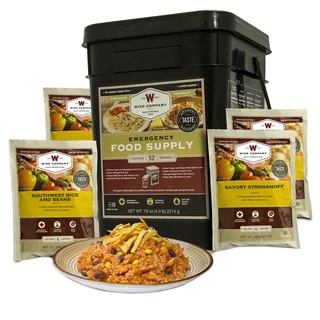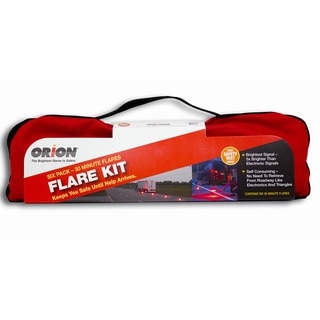
How to Prepare For a Disease Outbreak
From the common cold to more serious viruses, like Ebola, infectious diseases require everyone to be on guard. In the worst case scenario, a widespread infectious disease outbreak could not only endanger you and your family, but may also cause major disruptions in basic public services. Take these preventative steps and make an emergency preparedness plan, so you can be better prepared for disease outbreaks.
Back to Top
Prevent the Spread of Disease
Your first layer of defense with any disease outbreak is preventing the spread of the disease. Practicing good hygiene is critical. This includes washing your hands with soap and hot water, and using an alcohol-based hand sanitizer when soap and water is not available. Always avoid direct contact with infected people and bodily fluids of those carrying a disease. This includes avoiding items infected people may have handled, and public places, such as hospitals, where infected people are being treated.
Shop All Sanitation & Hygiene
Update Your First-Aid Supplies
Preparing your home, office, and vehicle with a basic first-aid kit and medical supplies can help treat sickness and emergencies as they happen. First-aid kits for disease outbreaks should include face masks, gloves, and hand sanitizer alongside other basic medical supplies, such as bandages and a first aid manual. This will help you be prepared to treat basic medical issues, and will be immeasurably valuable if medical professionals are unable to respond quickly to more serious emergencies.
Shop All First Aid & Medical Supplies
Maintain Your Food and Water Storage
When it comes to widespread emergencies, having a supply of food and water will help you weather the storm. A serious disease outbreak may be no different from a natural disaster or inclement weather. In all cases, transportation may be hindered and the basic necessities of food, water, and shelter could quickly become compromised. Having quick access to 72 hours worth of supplies, which includes bottled water, food, a change of clothes, and some basic camping gear is a good place to start and will allow you to leave your home at a moment's notice if needed.
-
Augason Farms 30-Day Emergency Food Storage Supply Pail
Today $114.49$140.98See details on product pageSave: 19% -
Augason Farms Lunch and Dinner Emergency Food Supply Pail
Sale: $52.64$77.89See details on product page32% off -
Augason Farms Breakfast Emergency Food Supply Pail
Sale: $44.99$74.99See details on product page40% off -
Legacy Food Storage Freeze-dried Emergency Meals (60 Servings)
Today $132.99See details on product page
Shop All Emergency Food & Water
Stay Informed
Specific precautions for an outbreak will depend on the disease being spread. It's important to stay up-to-date on preventive measures as outlined by reputable and trustworthy sources. Be sure to add into your emergency supplies an emergency radio, solar battery chargers, or a generator that will keep your communication devices powered and connected. Local public health agencies are an important resource for disease prevention and treatment. Do your research before a possible outbreak, and be sure to include in your emergency kits any important phone numbers or broadcast frequencies used by your local agencies. Larger organizations such as the CDC, Centers for Disease Control and Prevention, or the WHO, World Health Organization, can be an important resource during a disease outbreak as well. Both the WHO and CDC will be able to track and prevent the spread of disease on a worldwide basis, while keeping the public informed on the best practices for preventing the spread of any contagious disease.
-
Buffalo Hand Crank Emergency LED Light FM Radio
Today $22.59$24.19See details on product pageSave: 7% -
First Alert Portable AM/FM Weather Band Clock Radio with Weather Alert
Today $86.99See details on product page -
Orion Safety Products 6030 Emergency Kit 30 Minute Road Flare (Set of 6)
Today $25.49See details on product page
Shop All Emergency Radios & Communication








































